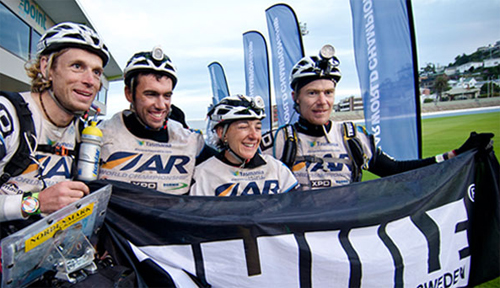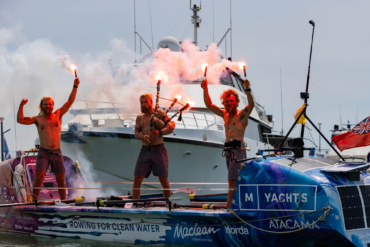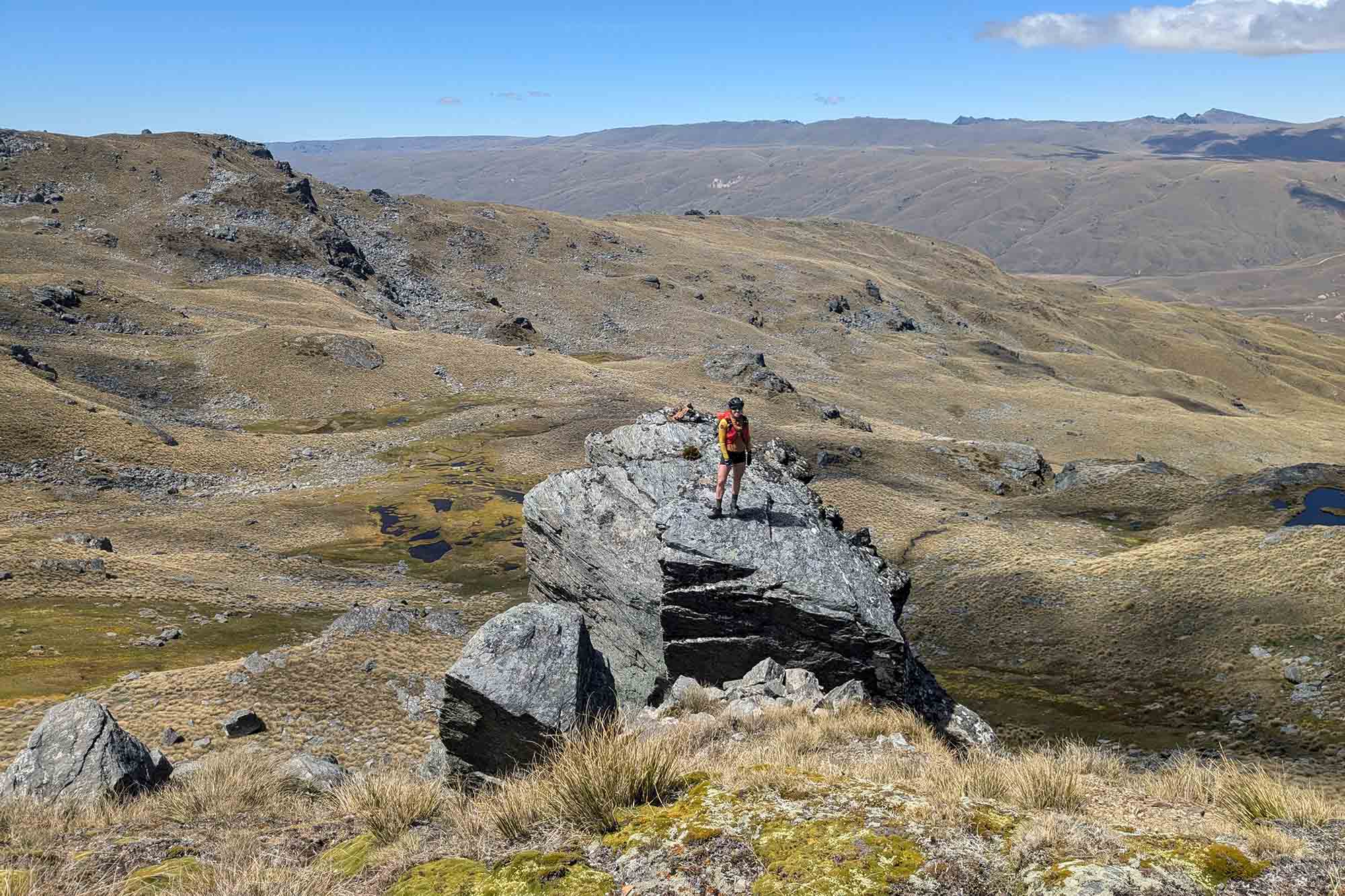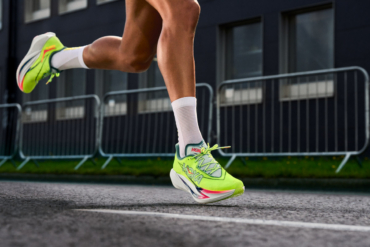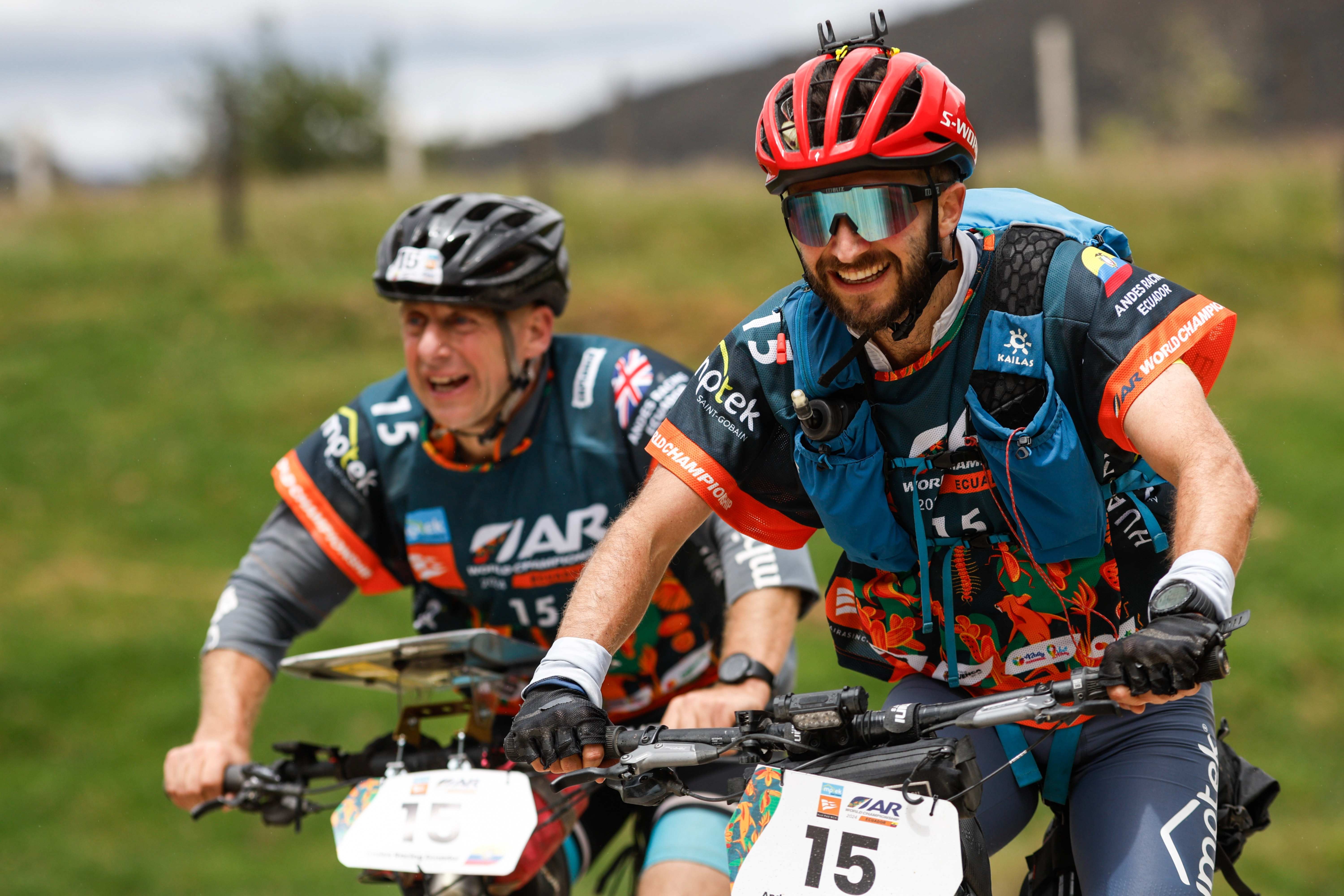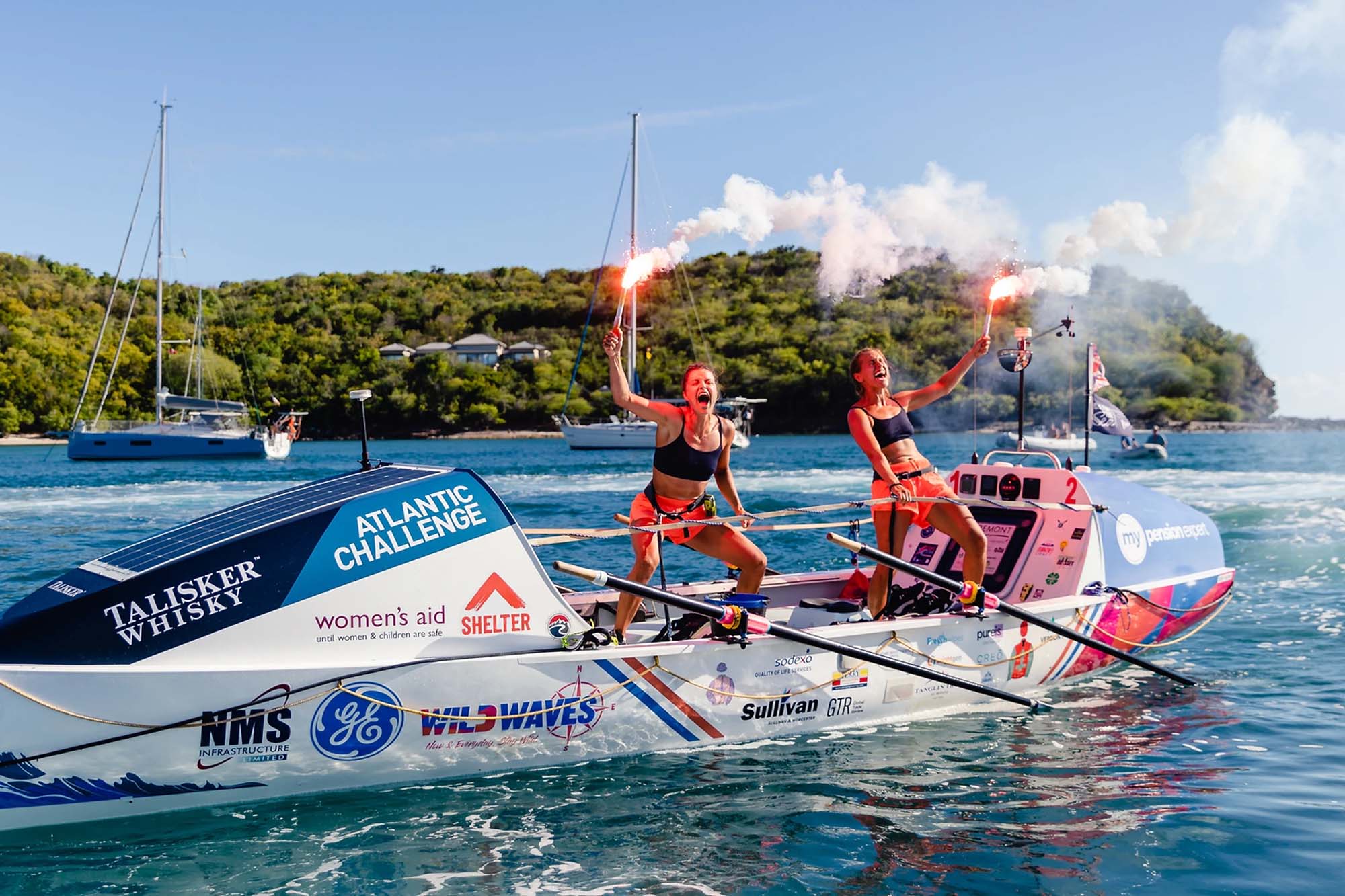Last month, racing for more than five days straight in the wilds of Tasmania, Team Thule Adventure won the 2011 Adventure Race World Championships, crowning the Sweden-based squad as the world’s best adventure athletes. It took superhuman endurance, exacting navigation, and military-like strategy for the team’s Martin Flinta, Per Vestling, Myriam Guillot and Jacky Boisset to complete the checkpoint-laden course, including trekking, kayaking, mountain biking, rope-work, and map/compass orienteering across 700km of tough Tasmanian wilderness terrain. We caught up with Team Thule Adventure captain Martin Flinta for some insight on what it takes to win the AR Worlds. —Stephen Regenold
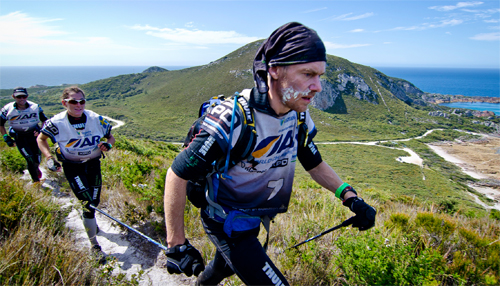
Gear Junkie: Congrats on your big win! What was Team Thule’s strategy going into the 2011 Adventure Race World Championships?
Martin Flinta: To race hard all the way and not to sleep more than necessary. We did the entire race that way. For the first 4.5 days we only slept four hours in total, but the last night we where caught in a “dark zone” [where the team was not allowed to paddle at night] like most of the other teams and we had to stop for 11 hours. There we got some good sleep!
I saw reports that your team slept in tandem kayaks, with one person paddling while the other slept! Did sleeping in your kayaks really work?
Of course you do not get any beauty sleep. But it worked to get a short 15-minute nap.
At what point in a long race does sleep deprivation begin to overwhelm?
For us it was the fourth night on a bike section and we had to stop for a short nap. It was simply too dangerous to continue. In the future it would be much better if the expedition-length adventure races like this have more mandatory resting stops. Why not put in two or three stops where teams are forced to stop for six hours or so? That way racers would not need to go to the absolute limits to stay awake.

What do you do to stay awake?
Talk to each other. Keep your mind too occupied to realize it’s tired. And we should not forget the Red Bull shots and caffeine tablets. We use those but never more than absolutely necessary.
Talk about nutrition and eating. What are your secrets?
To eat constantly from start to finish, and to have varied and good food that you know you can eat even after four or five days. Energy bars, gels and candy tend to be too sweet after a few days and then you need something that is not sweet. You need variation.
How were the race maps, logistics, etc., for this event?
The maps were quite good but parts were almost 20 years old, which means there had been new roads and tracks in the area and, of course, some roads and tracks on the map that no longer existed. You have to stay focused and solve problems along the way. The racecourse was good with a mixture of shorter and some really long sections. The longest section was around 24 hours.

Did you have any navigation errors?
We had to turn back a few times and had some difficulties to find the right track. One time we climbed the wrong hill and had to go back down again. These things are never fun when they happen, but you have to forget them quickly and just carry on.
You won by 90 minutes. How can the race be so close after that many days of racing?
There were many good teams attending this year, and you don´t push more than you need to win, because you know the limit is very close and you don´t want to hit the wall.
What was the team’s reaction to winning, to being the world’s No. 1 adventure racing team!
Very happy! We have all been racing for a long time and worked hard for this to happen.
Did you have fun, or is racing at this level pure pain?
We always have a lot of fun even if we are racing to win. To have fun is necessary to be on the top in this sport. It simply makes it much more easy to cope with the pain.
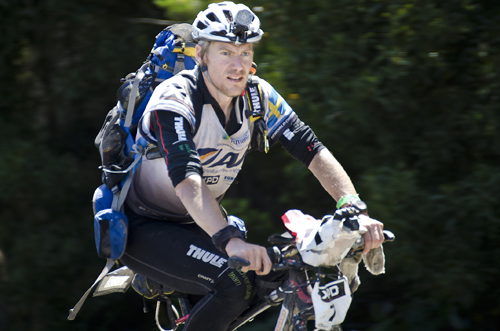
Was the four-hour penalty to Team Seagate fair in your opinion? Did it taint the victory? [Team Seagate led the field for much of the race but was penalized for failing to bring a GPS unit on one section of the course; they were forced to serve a four-hour penalty as Team Thule and one other squad passed by.]
It’s fair, even if we feel sorry for them. It’s never fun when that happens, but it’s part of the race. You have to be very careful and we double checked our equipment several times during the race. It takes a lot of time to double check but it was worth it.
What are your team’s goals for 2012?
We will do our outmost trying to defend our victory in the World Championship. Next year the race will take place in France. North America is also on top of our priority. We really would like to be more present in North America, but at the moment it is only Expedition Idaho on the agenda. It is the largest one, but we are trying to find a few more races that could be interesting and fun for us to join in North America.
—Stephen Regenold is founder and editor of www.gearjunkie.com. For more information on Team Thule Adventure go to www.thuleadventureteam.com.
